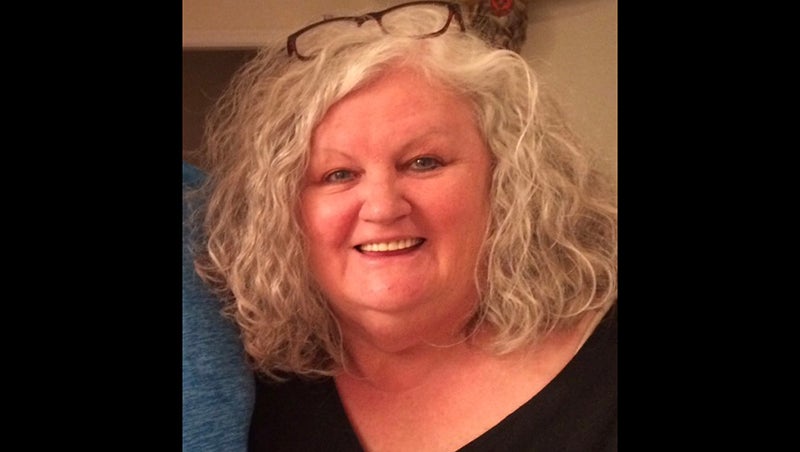Guest Opinion: Making sure rural gets counted: Census 2020
Published 9:05 am Tuesday, March 3, 2020
|
Getting your Trinity Audio player ready...
|
By Patrick Woodie, president
North Carolina Rural Center
At the Rural Center, we’ve had the privilege to work in communities all across rural North Carolina, and we’ve seen firsthand that it’s not the size or location of a town that makes it a great place to live and raise a family, it’s the people who make it a community.
However, people are only one essential ingredient for thriving rural communities. The other part? Well, that’s a more complicated question, but it boils down to a combination of resources and representation.
The 2020 Census will be a defining moment for our state, but especially for the people who call the 80 rural counties in North Carolina home. Why? Because the census uses population — uses people — to determine the resources and representation a community receives for the next decade. Essentially, the census doesn’t just impact a community as it currently exists, but directly influences what it has the potential to become.
According to the NC Counts Coalition, of the 15 North Carolina counties at the highest risk for an undercount, 11 of them are rural.
Vital programs that shape communities — services like disaster response and recovery, education, economic development, housing, infrastructure, public safety — are all influenced by the census count. An accurate, or inaccurate, census count has a direct economic impact on every North Carolinian, too. Our state receives $16.2 billion in census-guided funds per year from federal programs, which amounts to about $1,600 per person, per year, and we simply cannot afford to lose a dime of that.
There, too, are significant electoral implications of an accurate census count, as census data is used to redraw district lines and categorize geographically-defined membership. This is extremely important in North Carolina — where 80 percent of our counties are rural, and where geography and representation matter greatly. The census will also determine how many rural legislators will represent rural communities. Additionally, if our state achieves a full count, we’re slated to gain a seat in the U. S. House of Representatives.
We know that lack of access to internet, social isolation, housing status, language barriers, distrust, and fear are some of the many reasons why people do not participate in the census.
To help overcome these barriers, our anchor institutions and community-based organizations — hospitals, churches, libraries, clinics, community colleges, schools, child-care centers, and local and state government officials — must play a vital role in distributing information and resources to support a full and accurate count of all our rural people.
There is a shared fate between rural, urban, and suburban communities in North Carolina, and this is demonstrated all too well by the economic impact of an accurate census count. The foods we buy, the roads we drive on, the schools we send our children to and the quality of the education they receive, the jobs we create or retain — all of these things depend on an accurate count, and all of these things transcend party, geographic, and demographic lines.
To secure a vibrant future for our state, we have to know who we are, where we’ve come from, and who we are becoming. It’s up to all of us to make sure that in 2020, every person in North Carolina from Murphy to Manteo is counted. I ask you to do everything you can in your home community to make sure that happens.
FOR MORE COLUMNS AND LETTERS TO THE EDITOR, CHECK OUT OUR OPINION SECTION HERE.
RECENT HEALDINES:
Guest Opinion: Grant funding available for producers looking to diversify their operations





